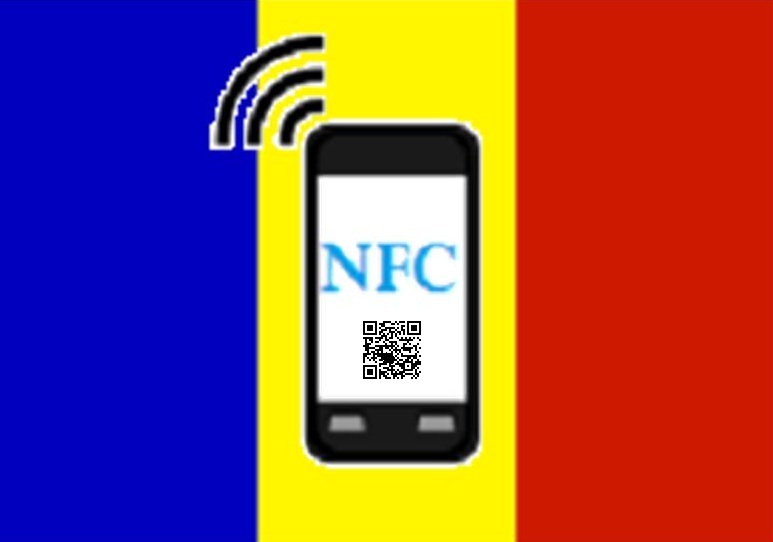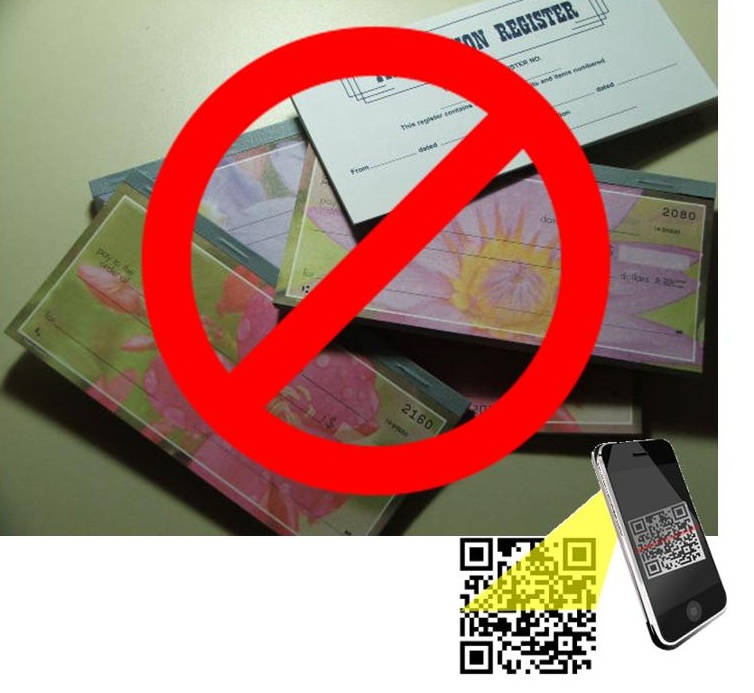Seamless, a company from Sweden, has brought the new mobile payments tech to the country.
Swedish mobile payments firm, Seamless, has just partnered with Garanti Bank out of Turkey in order to bring a new system to Romania based on QR codes and NFC technology.
This will allow Seamless to launch its SEQR NFC and QR code based payments in the Romanian marketplace.
The Seamless mobile payments system allows users to complete transactions by waving their enabled smartphones over a reader device, or by scanning QR codes. These NFC technology and QR code based options will become available within the next few weeks, according to the companies.
Both QR codes and NFC technology will be offered in order to ensure compatibility with devices.
 According to Peter Fredell, the Seamless CEO, the company is offering systems using both NFC technology and QR code scans when taking the first steps into markets. It also stated that it has been running various pilot programs for the last half year in the country. Fredell also used the word “interesting” to describe the Romanian market, and that it was the Garanti Bank that approached them about entering into the market in Romania for the first time.
According to Peter Fredell, the Seamless CEO, the company is offering systems using both NFC technology and QR code scans when taking the first steps into markets. It also stated that it has been running various pilot programs for the last half year in the country. Fredell also used the word “interesting” to describe the Romanian market, and that it was the Garanti Bank that approached them about entering into the market in Romania for the first time.
At the moment, Romanians don’t use credit cards very heavily. In fact, 79 percent of transactions are currently made in cash. The belief, said Fredell, is that this indicates that there is far greater potential for NFC technology mobile payments in this type of market than there is in Western European countries where there is a much higher use of credit cards. He also stated that it is the banks that are introducing the cashless systems and that are among the primary drivers of this type of change This will help to decrease the cash handling costs within the country, should it be as successful as they hope.
Seamless is headquartered in Stockholm, Sweeden, and is a global mobile payments company. It currently operates in over 30 countries worldwide. This organization focuses on mobile payments and prepaid top-up services for distributors, mobile operators, consumers, and retailers. It will be offering its services with Garanti Bank through NFC technology in Romania for the first time.

 This is an opportunity for consumers and billers alike as the use of QR codes to help with bill payments is far less costly than using checks or even cash. The number of billers who will be introducing these barcodes on their paper bills is now about to experience a very rapid rise.
This is an opportunity for consumers and billers alike as the use of QR codes to help with bill payments is far less costly than using checks or even cash. The number of billers who will be introducing these barcodes on their paper bills is now about to experience a very rapid rise.